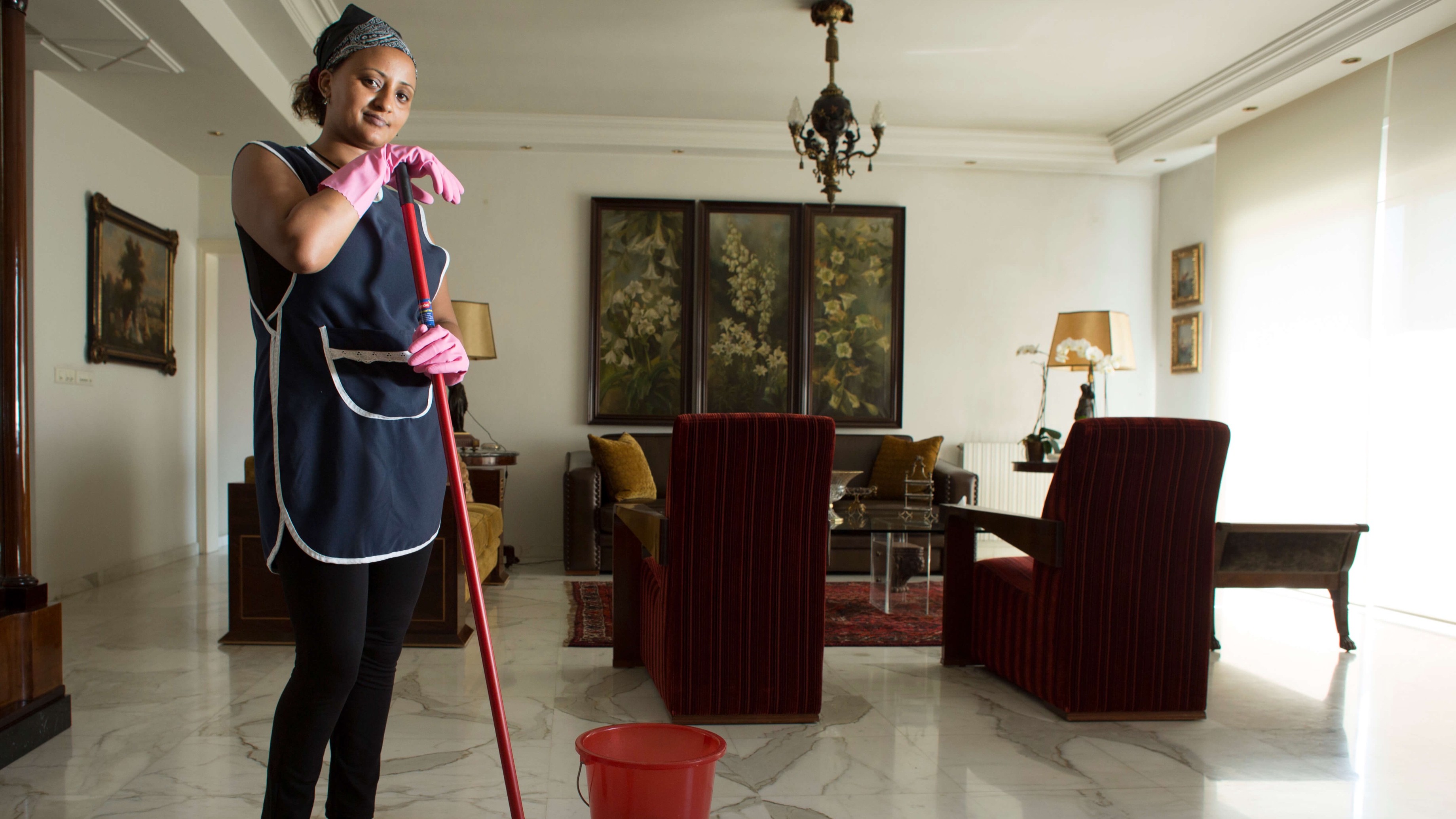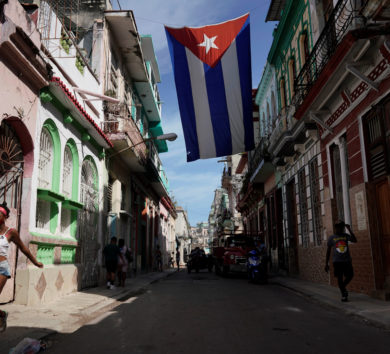

Following a recent announcement by the Jamaican Government that a minimum wage increase of 28.5 per cent will take effect as of Friday (April 1), Opposition Spokesperson on Finance Julian Robinson says the increase is woefully inadequate.
Speaking at a virtual press conference on February 22, Karl Samuda, minister of labour and social security, advised that Cabinet had approved an increase in Jamaica’s minimum wage for regular workers from J$7,000 to $9,000 per 40-hour workweek.
In addition to regular workers, the wage increase is also to impact security guards with an increase from J$9,700 to $10,500.

Addressing the expected increase in his contribution to the 2022-2023 Budget Debate in the House of Representatives today (March 10), Robinson stated: “For four years our lowest-paid workers in Jamaica, the helpers, ancillary workers, and security workers waited patiently for an increase in the minimum wage. (Despite this) the increase to J$9,000 is far from what it needs to be.
“In fact, I would say that inflation has already eaten out that increase.”
Sharing the experience of one of his constituents to whom he referred to as Sharon, a single, mother-of-two employed as a domestic worker and currently earning J$10,000 per 40-hour, Robinson sought to explain the plight of Jamaica’s minimum wage earners.
Despite earning J$10,000 weekly, Sharon’s higher than minimum wage earnings alone cannot cover her weekly bills which he estimated to be J$13,500.

“To put it into perspective…J$9,000 per week can neither address food poverty nor education inequality,” said Robinson.
In light of this, the Opposition spokesperson called for an increase in the country’s minimum wage to J$12,000 per week, a figure believed to better allow persons to meet their basic needs.
Further to this increase, Robinson informed: “We want to move away from a “minimum wage” and instead look at implementing a mechanism to determine a “liveable wage”.
“This should be rooted in analysis of annual price movements, the inflation rate, and a determination of the basket of goods and services consumed by our lowest earners. We believe this should be done on annual basis to protect the most vulnerable workers against the ravages of inflation.”







Comments